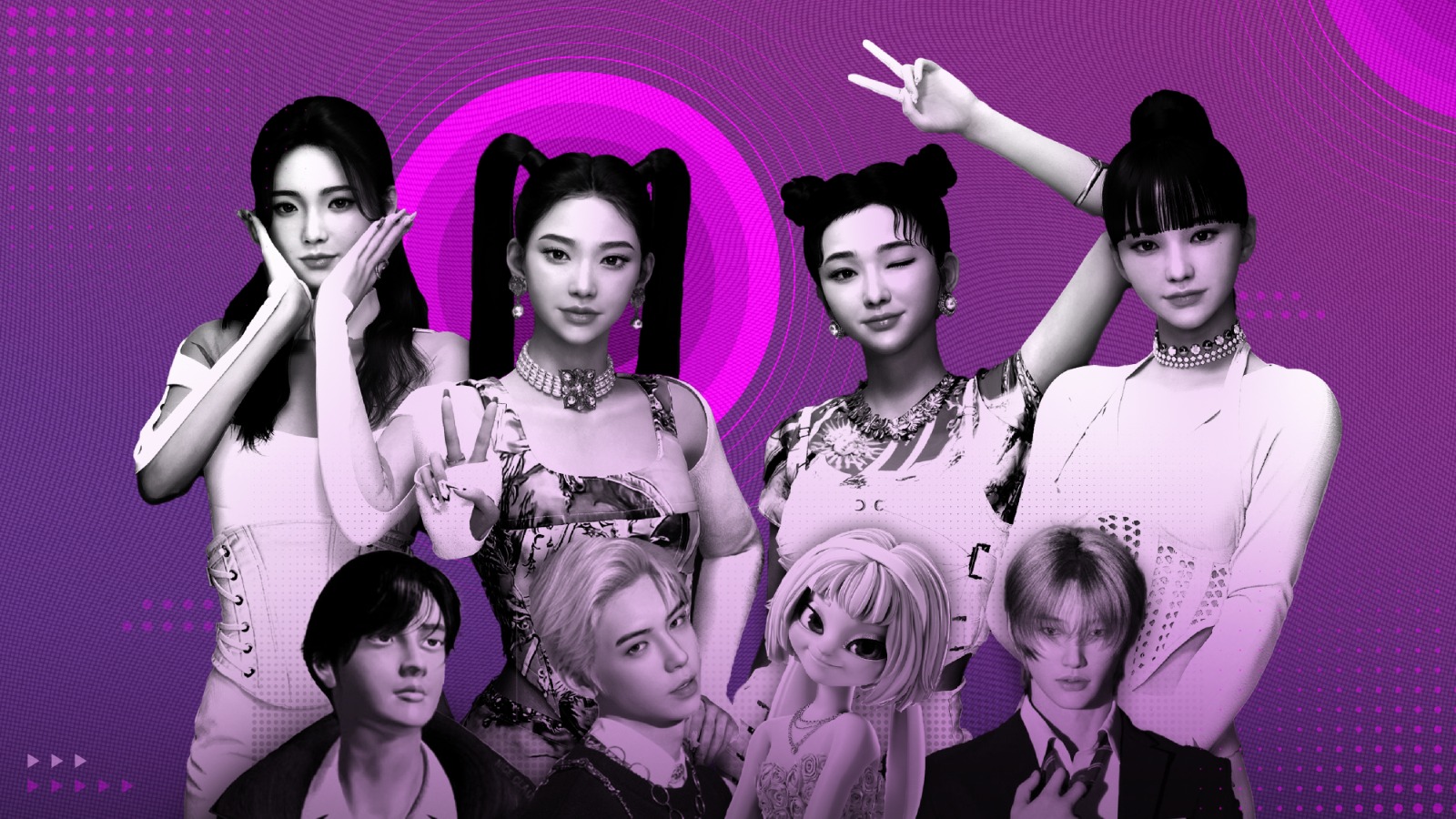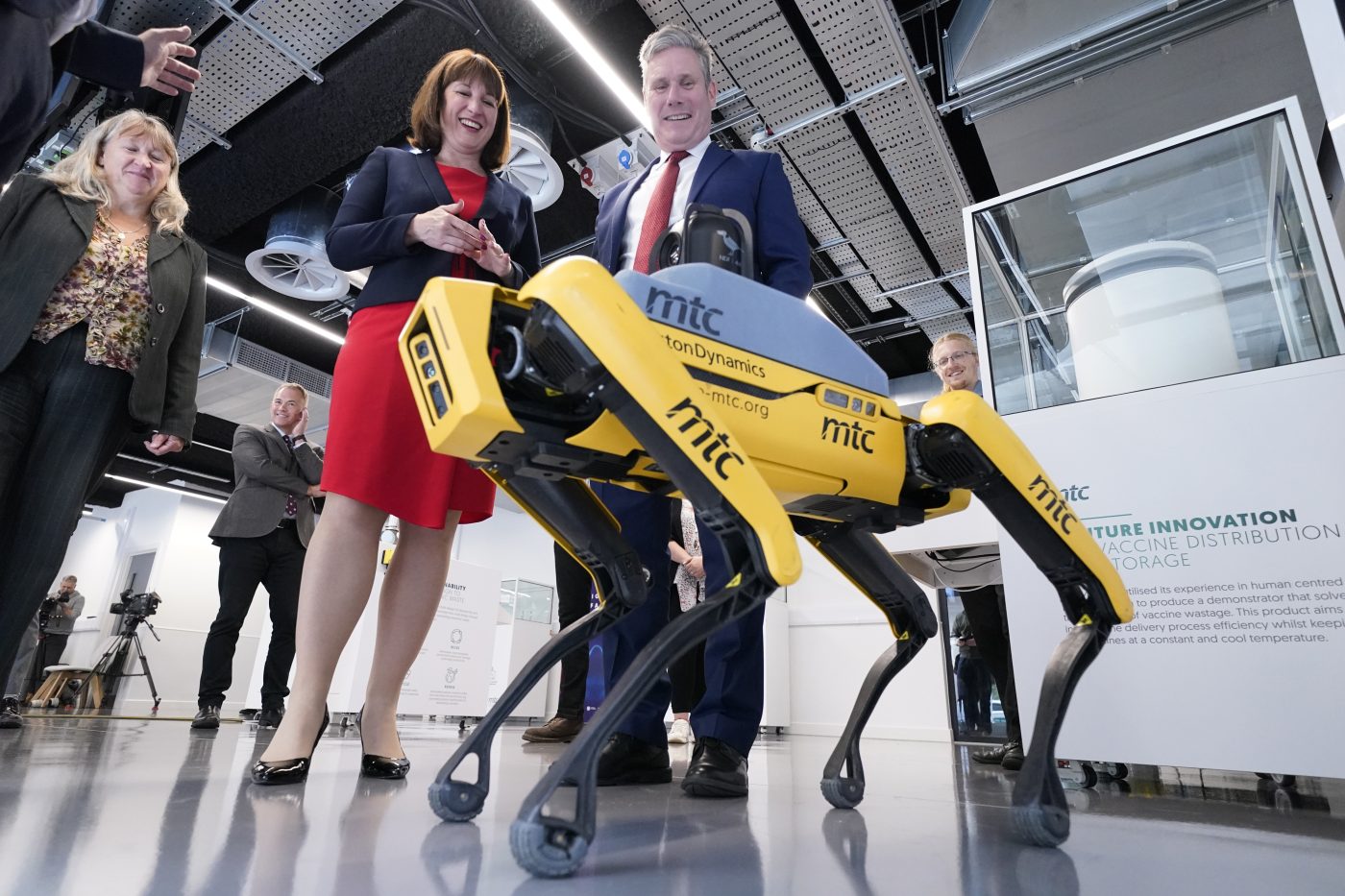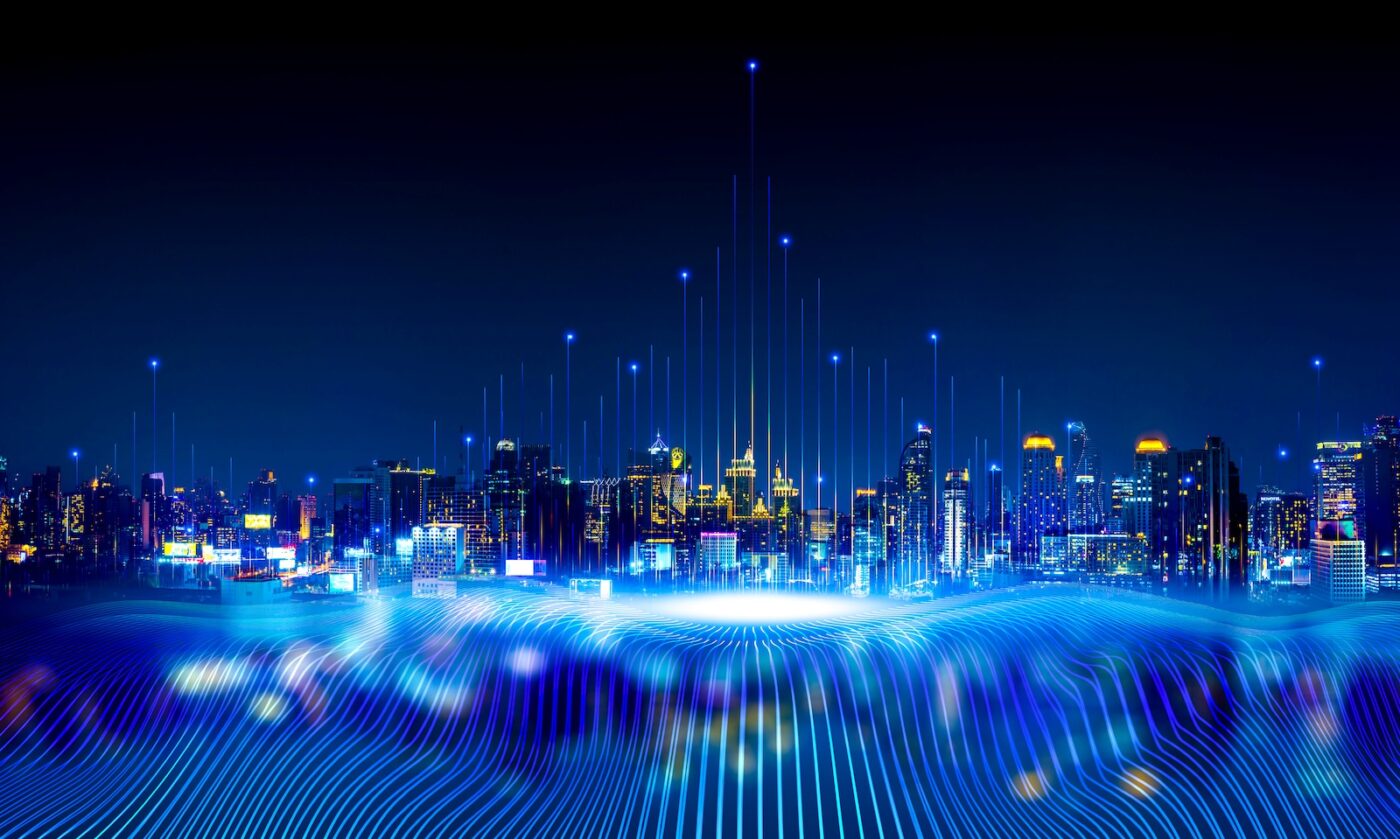
Will K-pop’s AI Experiment Pay Off?
The K-pop industry is known for its innovative production and editing, but a new trend is raising questions among fans and artists alike - the use of artificial intelligence in music videos and lyrics. Several of K-pop’s biggest stars, including Seventeen, have experimented with AI-generated scenes and lyrics in their latest releases. But is this a step forward or a step back for the genre?
The Rise of AI in K-pop
K-pop has always been about pushing boundaries and embracing new technologies. According to Chris Nairn, a producer and songwriter who has worked with K-pop artists, the industry is known for its progressive approach to innovation. ‘What I’ve learned by hanging out in Seoul is that Koreans are big on innovation, and they’re very big on “what’s the next thing?” and asking, “how can we be one step ahead?”’, he says.
Seventeen’s latest album, Maestro, features an AI-generated scene in its music video. The record might also include AI-generated lyrics, although this has not been confirmed. At the launch of the album in Seoul, one of the band members, Woozi, told reporters he was ’experimenting’ with AI when songwriting. ‘We practised making songs with AI, as we want to develop along with technology rather than complain about it’, he said.
 AI-generated scenes in K-pop music videos have sparked debate among fans and artists.
AI-generated scenes in K-pop music videos have sparked debate among fans and artists.
The Debate Around AI in K-pop
Fans are divided on the use of AI in K-pop. Some argue that it’s a natural step forward for the industry, while others worry that it takes away from the authenticity of the music. Ashley Peralta, a super fan and podcaster, says that if AI can help an artist overcome creative blocks, then that’s OK with her. However, she also worries that a whole album of AI-generated lyrics means fans will lose touch with their favourite musicians.
‘I love it when music is a reflection of an artist and their emotions’, she says. ‘I love it when K-pop artists are much more respected when they’re hands-on with choreographing, lyric writing, and composing, because you get a piece of their thoughts and feelings.’
Chelsea Toledo, another podcaster and super fan, is worried about the impact of AI on the reputation of self-producing groups like Seventeen. ‘If they were to put out an album that’s full of lyrics they hadn’t personally written, I don’t know if it would feel like Seventeen anymore’, she says.
Seventeen’s Woozi has experimented with AI in songwriting.
The Future of K-pop and AI
Is AI the future of K-pop? Chris Nairn isn’t so sure. As someone who experiments with AI lyric generators, he doesn’t feel the lyrics are strong enough for top artists. ‘AI is putting out fairly good quality stuff, but when you’re at the top tier of the songwriting game, generally, people who do best have innovated and created something brand new. AI works by taking what’s already been uploaded and therefore can’t innovate by itself’, he says.
Instead, Chris predicts AI in K-pop will increase the demand for more personal songs. ‘There’s going to be pressure from fans to hear lyrics that are from the artist’s heart, and therefore sound different to any songs made using AI’, he adds.
Aespa, another K-pop group, has also experimented with AI in their latest music video, Supernova. The video features generated scenes where the faces of band members remain still as only their mouths move. This has sparked concern among fans, who worry about the lack of authenticity in the music.
Aespa’s Supernova video features AI-generated scenes.
Regulating AI in K-pop
The use of AI in K-pop raises questions about regulation and fair compensation for artists. Arpita Adhya, a music journalist and self-titled K-pop superfan, believes that the industry needs to establish clear guidelines on the use of AI. ‘Whilst there are no clear guidelines on how much artists can and can’t use AI, we have the struggle of making boundaries ourselves, and always asking “what is right and wrong?”’, she says.
The debate around AI in K-pop is far from over. As the industry continues to evolve, fans and artists alike will need to consider the implications of using artificial intelligence in music videos and lyrics. Will K-pop’s AI experiment pay off, or will it ultimately undermine the authenticity of the music?















